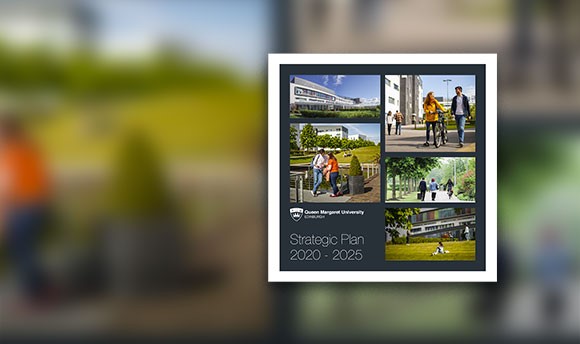Captioning service
Captioning helps to ensure that media content is accessible to as many people as possible.
All content uploaded to Panopto, our media management platform, benefits from having automated closed captions generated, usually within 15 minutes. These automated captions are typically 70-75% accurate depending on the audio quality of the recording.
In addition to automated captions, QMU has access to a correction service that will review and edit captions to 99% accuracy, usually with a two-day turnaround.
First Priority
In collaboration with Student Services, the Technology Enhanced Learning (TEL) team liaise with module leads at the start of each semester where it has been identified that their module(s) include students who may be deaf or hard of hearing.
If recorded content makes up part of the teaching material, or is planned to be used, TEL can setup the 99% accuracy for any of the modules content that is uploaded to Panopto. Subsequent recordings that are added throughout the year would also be included.
Making a request
If staff or students identify content whereby automated captions are unreadable they can request for this content to be corrected. All requests should be made using the request form below.
Make a request for corrected captions (Estimated time to complete: 4 minutes)
Why is captioning important?
As part of the Public Sector Bodies (Websites and Mobile Applications) Accessibility Regulations 2018, all audio and video recordings created from 23rd September 2020 are required to have captions enabled.
In addition to making video content more accessible, captioning can improve the effectiveness of video:
- Captions improve comprehension by native and foreign language speakers. An Ofcom study (External Link) showed 80% of people who use video captions don’t even have a hearing disability.
- Captions help compensate for poor audio quality or background noise within a video.
- Captions make video useful when a person is watching with the sound off or viewing in a noisy environment that obscures the sound.
- Captions provide viewers with one way to search inside of videos.
The Technology Enhanced Learning (TEL) team have created guidance on how to improve the quality of captions pre and post-production.



